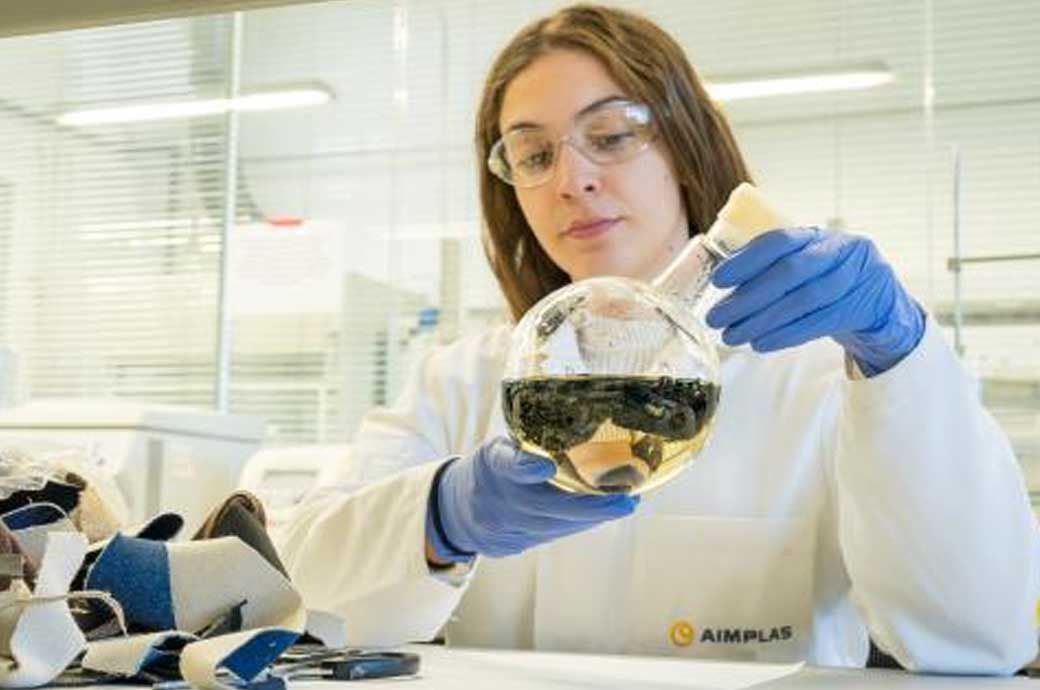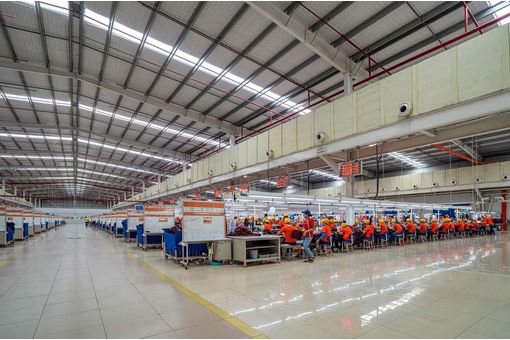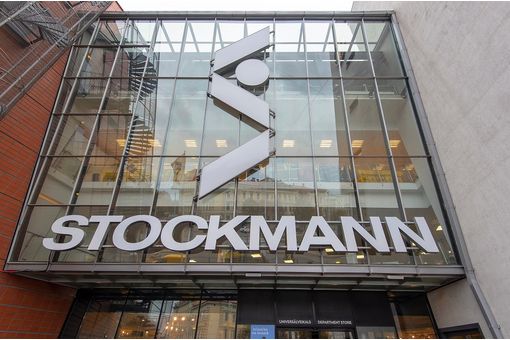Blended cotton, polyester fabric waste recycled under Spain's RECIMAP

Insights
- Research in Spain is focusing on a recycling pathway that transforms fabric waste into materials and lactic acid.
- The RECIMAP project, receiving funding from the EU, is working on the selective separation of cotton and polyester blends through the synthesis and use of ionic liquids—a more environmentally sustainable alternative to traditional solvents.
The RECIMAP project, led by the Bespoke Factory Group in Spain, is endeavouring to find a solution to the problem of fabric waste containing polyester and cotton often getting incinerated or landfilled at the end of its life as it is difficult to separate and recycle using conventional methods.
Other partners are the Valencian Innovation Agency (AVI), the University of Valencia and the Consorcio Valencia Interior V3.
RECIMAP, receiving funding from the European Union (EU), is working on the selective separation of cotton and polyester blends through the synthesis and use of ionic liquids—a more environmentally sustainable alternative to traditional solvents, the EU said on the European Circular Economy Stakeholder Platform, a joint initiative by the European Commission and the European Economic and Social Committee.
The polyester fraction is recycled using mechanochemical techniques to obtain recycled polyester, while the cotton fraction is used in the production of lactic acid via a lactic acid fermentation process.
The project recovers complex textile waste and generates high-quality recycled materials with significant economic value.
The materials include recycled polyester, which has a lower carbon footprint than virgin polyester, and lactic acid, an essential component in PLA production.
“The RECIMAP Project makes a significant contribution to the circular economy, especially considering the increasing amount of textile waste expected in the coming years, partially due to European regulations on extended producer responsibility (EPR),” Belen Taroncher, a researcher in the Chemical Recycling Group at AIMPLAS, said in an official release.
Fibre2Fashion News Desk (DS)
































-Ltd..jpg?tr=w-120,h-60,c-at_max,cm-pad_resize,bg-ffffff)





.jpg?tr=w-120,h-60,c-at_max,cm-pad_resize,bg-ffffff)
.jpg?tr=w-120,h-60,c-at_max,cm-pad_resize,bg-ffffff)






